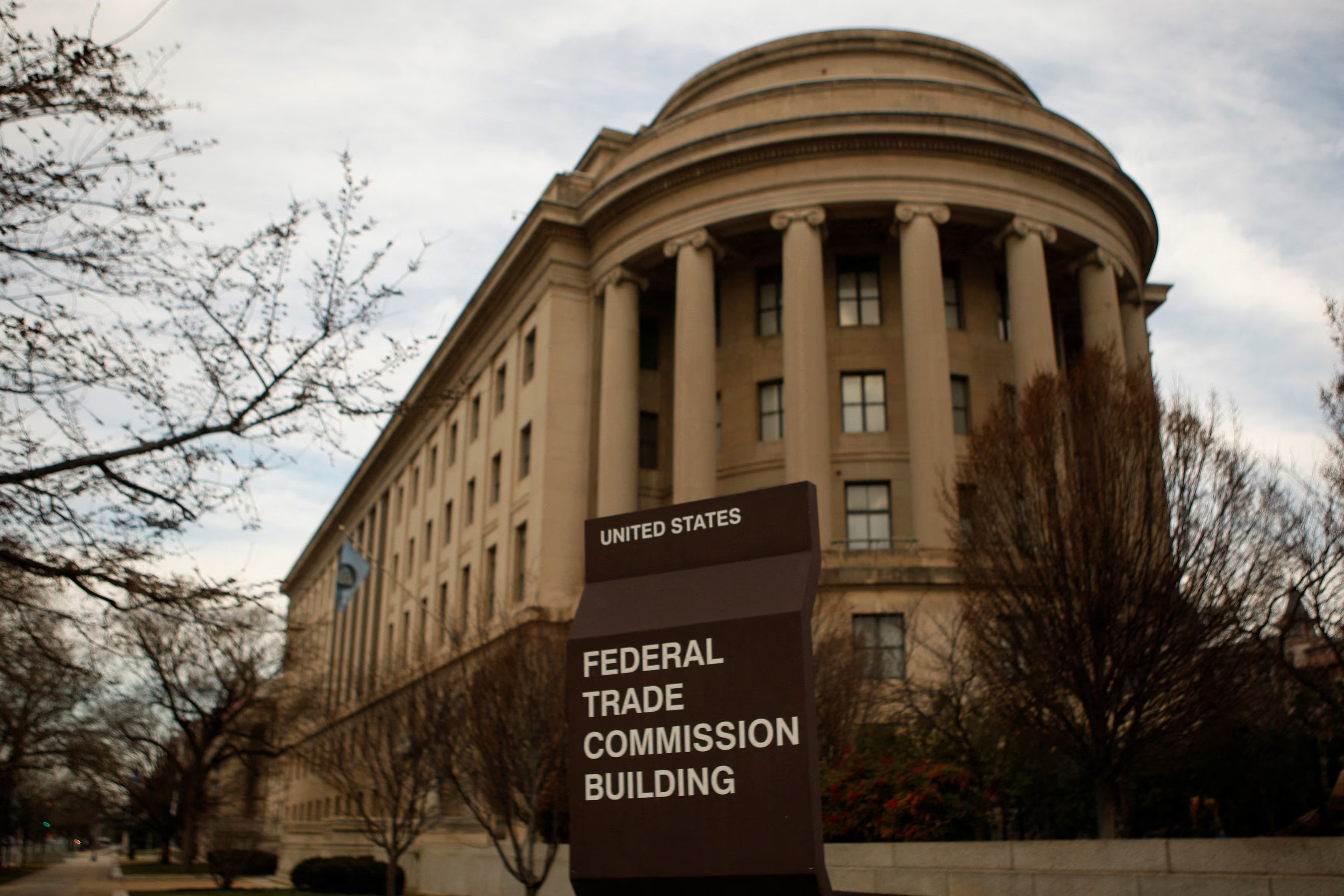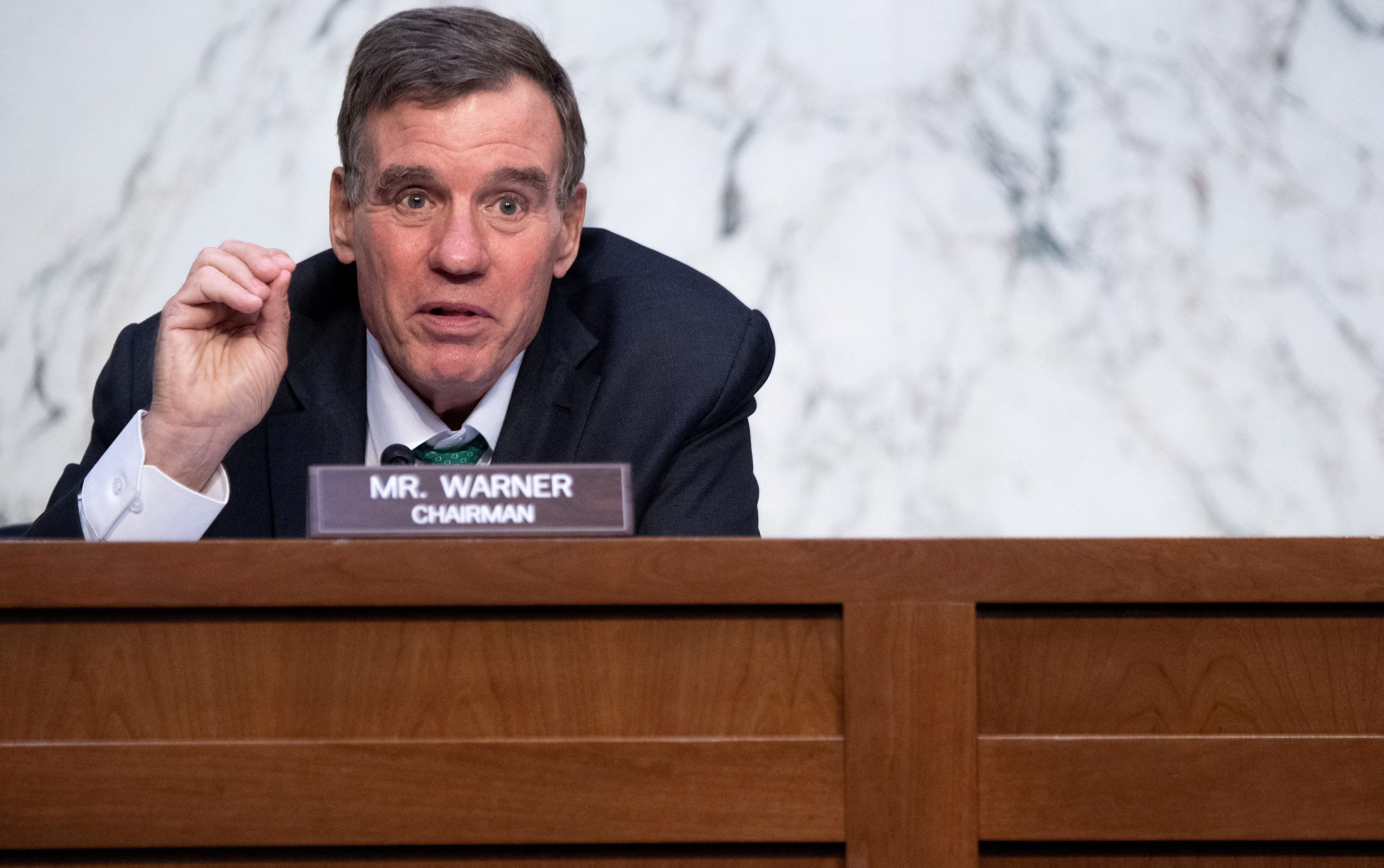TikTok Faces Imminent Deadline
As the pressure mounts on TikTok, owned by Chinese tech giant ByteDance, to divest its U.S. operations by September 17, the stakes for over 170 million American users couldn"t be higher. The company has announced plans to launch a new app on September 5 that may serve as a lifeline for its user base, but the ramifications of a potential ban are alarming. With the government citing national security concerns, primarily the fear of user data sharing with the Chinese government, TikTok"s future is uncertain, and so is the fate of countless small businesses and content creators reliant on the platform.
Users and Creators at Risk
For millions of users, TikTok is more than just a social media platform; it is an essential tool for education, creativity, and economic support. Influencers and small businesses leverage TikTok to market their products and reach audiences in ways traditional advertising simply cannot match. As reported by The Information, the existing app may cease to function entirely by March 2026, forcing users to download the new app to maintain connectivity. This transition period raises serious questions about data migration, user privacy, and whether their content will even be preserved.

Exclusive: FTC chairman says COVID is long over, get back to ...
Corporate Interests Drive Decision-Making
The looming sale of TikTok"s U.S. operations has drawn the interest of major corporations, including Amazon and Oracle, as they vie for what is likely a multi-billion dollar asset. According to analysts, the algorithm that powers TikTok"s content delivery is a key component that potential buyers are keen to acquire. However, the Chinese government"s approval will be necessary for any sale, complicating matters further. In an age where the digital economy is increasingly intertwined with national security narratives, this situation exemplifies how corporate interests can overshadow the needs of everyday users.
Political Maneuvering and Public Sentiment
The political landscape surrounding TikTok is complex and fraught with contradictions. Former President Trump, who once sought to ban the app, has reversed course, now positioning himself as a champion of TikTok amid his campaign for re-election. His recent comments indicate a willingness to negotiate with China on this issue, suggesting that the future of TikTok may hinge more on political expediency than on genuinely addressing user concerns. The implications of this political maneuvering extend far beyond TikTok, reflecting broader tensions between the U.S. and China that could affect other areas of international trade and technology.

US Senator Warner aims for meeting of Democrats to discuss ...
Environmental Justice and Data Privacy
The ongoing saga of TikTok also raises critical questions about data privacy and environmental justice. The environmental impacts of technology, from resource extraction for devices to energy consumption of data centers, are often overlooked in discussions focused solely on user privacy. As we scrutinize TikTok"s operations, we must also consider the environmental footprint of our digital lives. The intersection of technology, data privacy, and environmental sustainability demands that we amplify marginalized voices—especially those in communities disproportionately affected by both digital and environmental injustices.

![[Video] U.S. Secretary of War Hegseth directs CDAO to enforce DOW data decrees](/_next/image?url=%2Fapi%2Fimage%2Fthumbnails%2Fthumbnail-1768267268858-qe5gg-thumbnail.jpg&w=3840&q=75)
![[Video] U.S. Secretary of War Hegseth announces AI models for all networks](/_next/image?url=%2Fapi%2Fimage%2Fthumbnails%2Fthumbnail-1768266692112-e1gew-thumbnail.jpg&w=3840&q=75)




![[Video] Gunfire between Iraqi security forces and Sadr militias in Baghdad](/_next/image?url=%2Fapi%2Fimage%2Fthumbnails%2Fthumbnail-1768343508874-4redb-thumbnail.jpg&w=3840&q=75)
